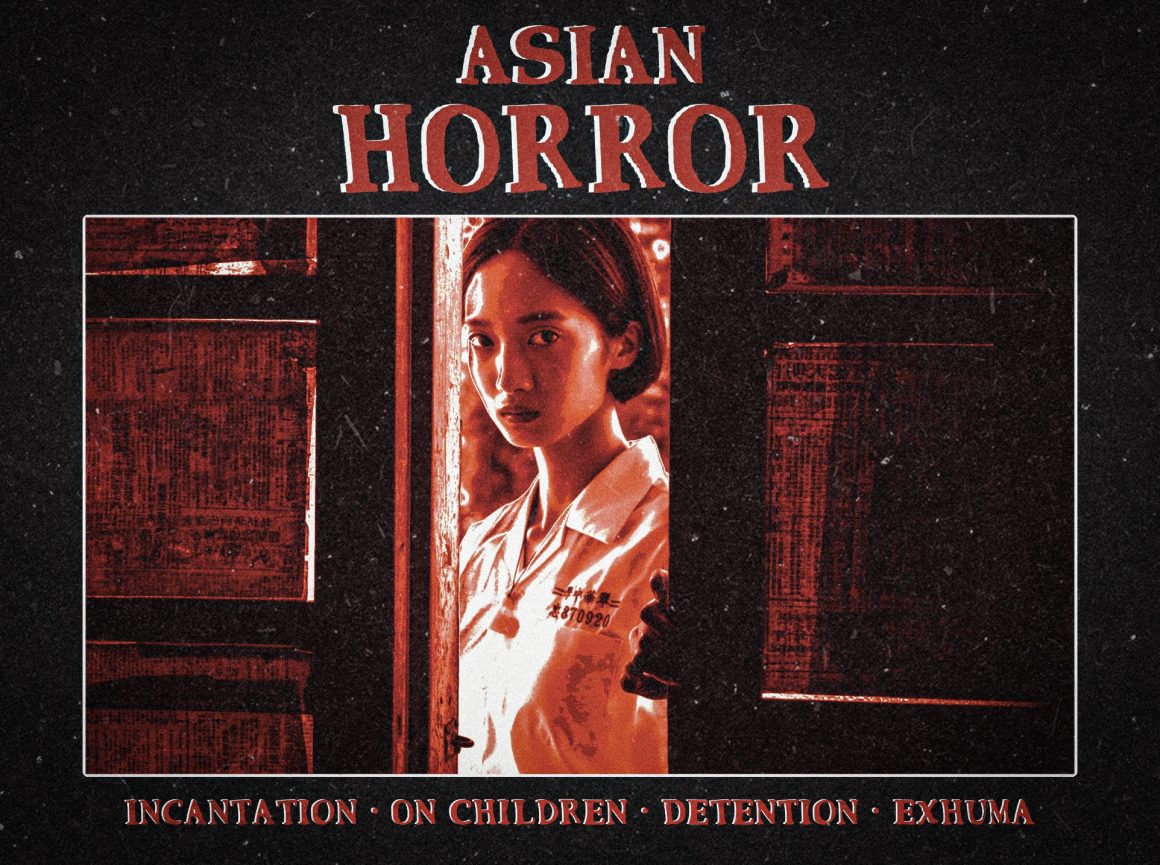
We need to talk about Asian horror
By Maggie Hsu, October 15 2024—
Horror films have captivated audiences for decades, but Asian horror remains an underappreciated gem in the global market. While Western horror often relies on jump scares and gore, Asian horror excels at psychological tension, existential dread and deep-rooted cultural fears. Here’s why it’s time for Asian horror to get the recognition it deserves — and why it’s scarier than its Western counterpart.
Playing with cultural depth and subtle fear
Asian horror draws from deep-rooted cultural beliefs, myths and supernatural folklore. It resonates with viewers from its own demographics but manages to create a unique and pervasive sense of dread and despair that can spook any member of the audience. These films build tension through slow-burn narratives that play with the psyche and evoke fear through the atmosphere and unsettling visuals rather than straight shock and terror.
Recommendation: Netflix’s Incantation
Set in Taiwan and inspired by real events, Incantation taps into primal fears through its exploration of cultural taboos, curses, and religious rituals. This Taiwanese found-footage film creates dread that steadily intensifies, leaving viewers with a deep sense of unease and no resolution—just pure, lingering discomfort. Even second-hand viewing left me haunted for weeks as I was curious but way too scared to watch the actual movie.
Psychological and emotional Horror
While Western horror has evolved and started toying with the concept of psychological and emotional horror (see: any Ari Aster film), there is still a large focus on external threats like aliens, serial killers or zombies. Asian horror on the other hand, dives deep into internal struggles.
My recommendation: Netflix’s On Children
This series is an anthology of stories similar to Black Mirror. However, the themes of this series are focused on societal pressure, parental oppression and family dysfunction — common themes in Asian society but they resonate within Western culture as well. Personally, the most disturbing moments about these stories are the incredible plot points despite how dark they are. While you wonder how these characters can be so dark and twisted, there is a lingering sense of humanity in all of them.
Guilt and retribution
Sure, death is scary but what’s scarier than guilt and retribution? In many Asian horror films, ghosts seek justice or retribution and will do anything to right any wrongs they have experienced in their lives.
My recommendation: Netflix’s Detention
“The White Terror Period scared the victims and their families and cast a profound impact on people being silent and apathetic towards political and social issues.” says the National Human Rights Museum of Taiwan.
Detention draws on the political oppression from Taiwan’s White Terror period with supernatural dread. Set in Taiwan during the 1990s, the story revolves around a transfer student to a small-town high school who encounters a ghost who went to the same school during the White Terror. This summary might not seem interesting but if you know anything about making friends with a vengeful ghost, you can see where this might go.
Existential and spiritual fear
Western horror does a great job of creating fear around spirituality and religion (See: The Conjuring series). However, the main goal in Western horror films is to make it out alive. Asian horror makes the audience and the characters question their existence more than wanting to stay alive.
A recent release to check out is Exhuma.
Exhuma borrows themes and symbols from Korean shamanism, Buddhism, and other rituals to help the audience immerse in Korean spirituality whether the audience wants to or not. It’s reported that actors Kim Go Eun and Lee Do Hyun performed real rituals on set that required shamans to be present as they did not know what spirits may be called by Kim and Lee.
Overall, while Western horror is great in itself, Asian horror creates a deeper experience, tapping into aspects of fear that we rarely encounter here in North American media. By drawing from cultural myths, emotional conflicts and existential crises, Asian horror unveils things you might not even know you were scared of until you watch these films.
Asian horror doesn’t want to scare you — it wants to haunt you.
